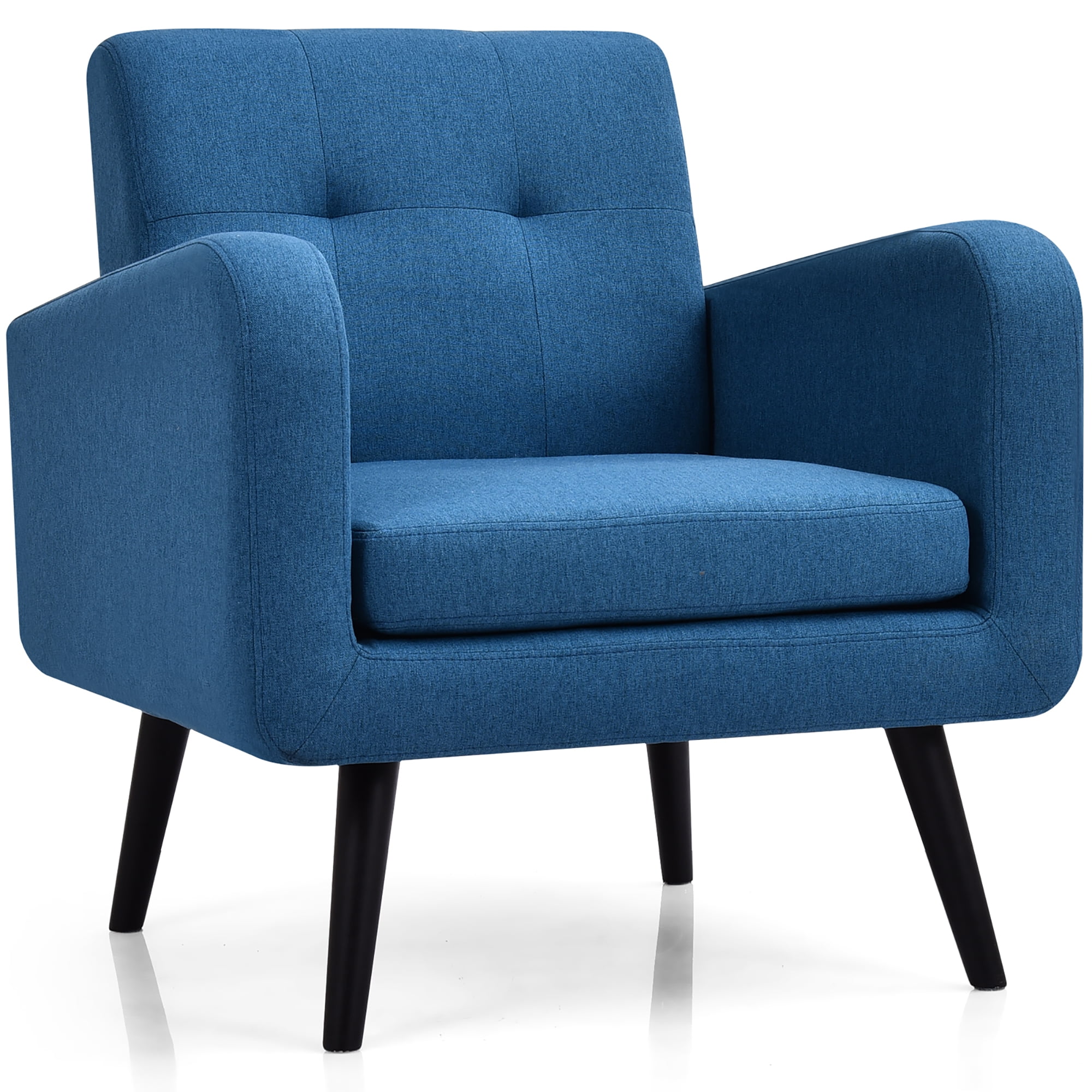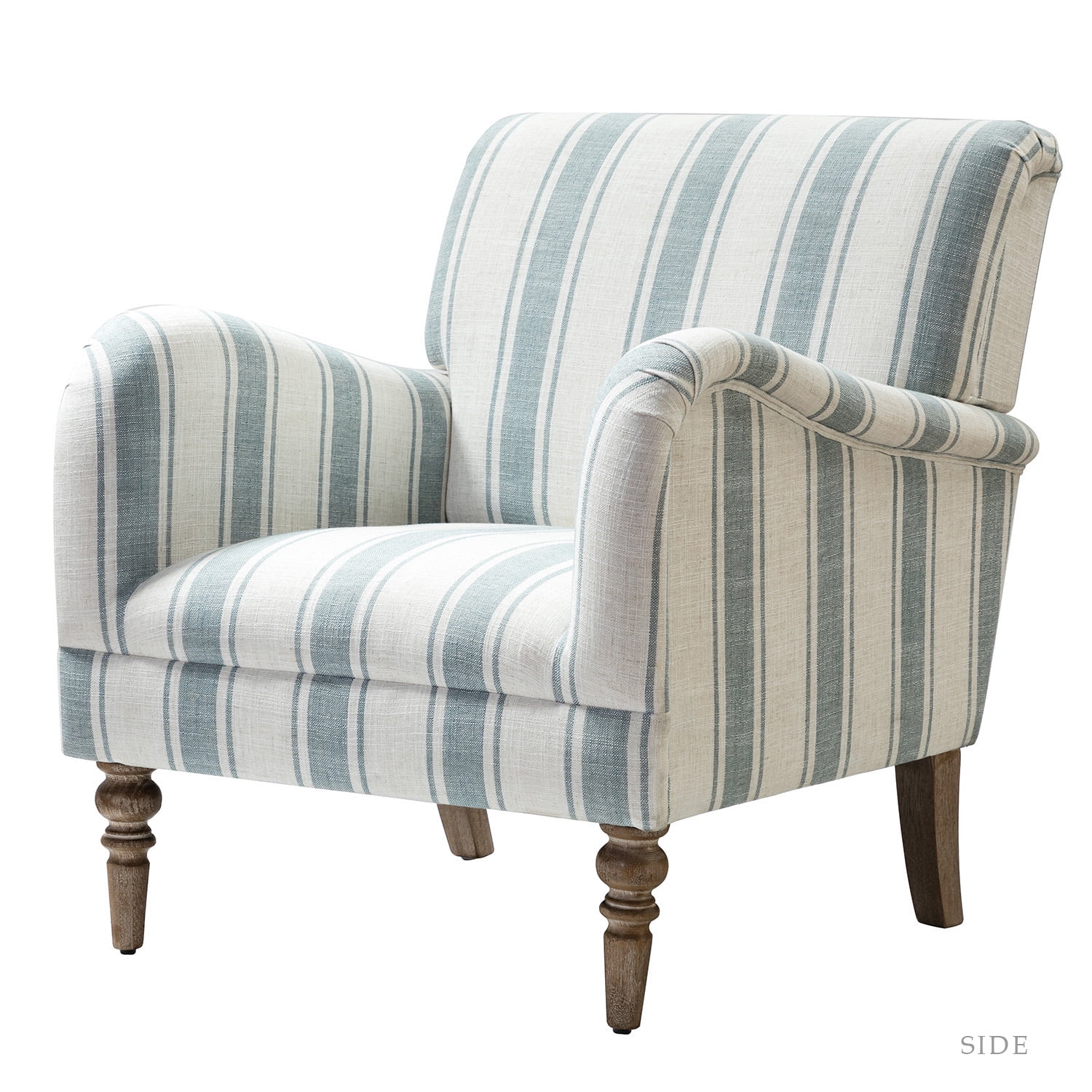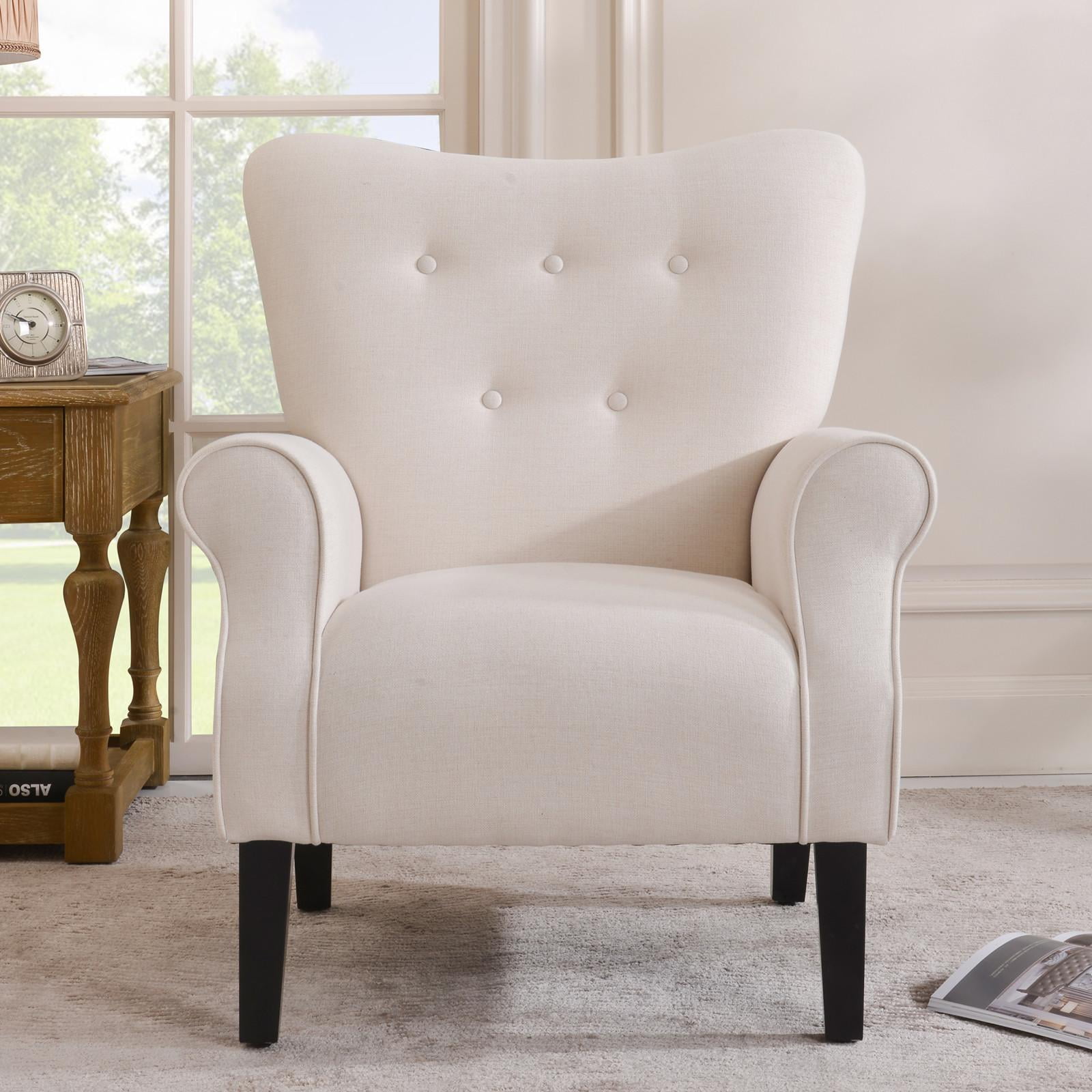The Armchair Warlord: Unpacking Online Strategic Debates
From the quiet comfort of a living room, nestled deep in a plush armchair or a luxurious chaise lounge chair, a new kind of strategist has emerged: the armchair warlord. This isn't about military commanders in remote bunkers, but rather the everyday individual who, armed with a keyboard and an opinion, confidently dissects geopolitical conflicts, military tactics, and grand strategies from the safety of their home. It’s a phenomenon born from the pervasive nature of information and the ease of online commentary, where everyone can be an expert, or at least, feel like one.
The allure of weighing in on complex global events from a position of detachment is undeniable. Whether it's a "Colamy modern wingback living room chair, upholstered fabric accent armchair, single sofa chair with lounge seat and wood legs for bedroom/office/reading spaces" or a simple, functional piece found by browsing "a wide selection of arm chairs perfect for any room from Ashley Furniture Homestore," the physical comfort of the armchair becomes a metaphor for the psychological comfort of commenting without consequence. This article delves into the world of the armchair warlord, exploring what drives this behavior, its impact on public discourse, and how we can navigate the digital battlefield with greater discernment and responsibility.
Table of Contents
- The Comfortable Seat of Power: Defining the Armchair Warlord
- The Digital Battlefield: Where Armchair Warlords Thrive
- Why Do We Become Armchair Warlords?
- The Impact of Armchair Warlordism: More Than Just Opinions
- Distinguishing Between Informed Discussion and Armchair Warlordism
- Navigating the Digital Landscape: A Guide for the Engaged Citizen
- From Armchair to Action: Bridging the Gap
The Comfortable Seat of Power: Defining the Armchair Warlord
The term "armchair warlord" is an idiom, a colorful phrase that paints a vivid picture. It refers to someone who offers strong, often unqualified, opinions on military strategy, geopolitical events, or complex societal issues from a position of detachment, typically without any direct experience, formal training, or personal stake in the outcome. Think of it as "lounging with a good book or enjoying lively conversations with friends" – only instead of a book, it's a news feed, and the conversation is a heated debate with strangers online. This individual often believes they possess superior insight, capable of solving global crises with a few pithy remarks or a well-placed meme. The literal "armchair" becomes a powerful symbol here. Whether you "find stylish oversized chairs, accent chairs & more in many sizes and styles!" or choose to "transform your home with our curated collection of modern lounge chairs, designer accent chairs, and stylish armchairs, crafted for both elegance and comfort," the essence remains: a place of ease and safety. "Arm chairs combine style and functionality, featuring supportive armrests that enhance comfort and relaxation," creating an environment where one can feel insulated from the harsh realities of the subjects they discuss. This comfort allows for a certain intellectual arrogance, a belief that complex situations can be simplified and resolved with common sense, overlooking the intricate nuances, historical contexts, and human costs involved. The armchair warlord's pronouncements are often absolute, lacking the humility and caution that real-world experience instills. They are far removed from the dust, the danger, and the difficult decisions that actual leaders and soldiers face, yet they readily critique every move from their cozy vantage point.The Digital Battlefield: Where Armchair Warlords Thrive
The internet, with its boundless capacity for information dissemination and instant communication, has become the primary theater of operations for the armchair warlord. Social media platforms like X (formerly Twitter), Facebook, Reddit, and various online forums provide the perfect stage for these self-proclaimed strategists to broadcast their views. These spaces offer anonymity or semi-anonymity, which can embolden individuals to express opinions they might hesitate to voice in real-life conversations. There's no immediate accountability for misstatements or inflammatory remarks, no direct repercussions for being utterly wrong. The sheer volume of information, often presented without context or critical analysis, fuels this phenomenon. A viral video clip, a sensational headline, or a decontextualized quote can become the entire basis for an elaborate strategic theory. The ease of "getting free shipping on qualified arm chair accent chairs products or buying online pick up in store today in the furniture department" mirrors the ease with which one can jump into a global discussion, requiring minimal effort but offering maximum perceived impact. This low barrier to entry means that anyone with an internet connection can join the fray, regardless of their actual understanding of military doctrine, international relations, or historical precedent. The digital battlefield is a realm of rapid-fire opinions, where the loudest voice often gains the most traction, not necessarily the most informed. This environment cultivates a culture where quick takes and confident assertions are valued over nuanced analysis and thoughtful deliberation, inadvertently empowering the armchair warlord.Why Do We Become Armchair Warlords?
Understanding the motivations behind the armchair warlord phenomenon requires delving into human psychology and the dynamics of online interaction. It's rarely a conscious decision to become a purveyor of ill-informed opinions; rather, it's a confluence of factors that make the comfortable seat of online commentary so appealing.The Allure of Expertise Without Experience
One of the most compelling reasons people adopt the persona of an armchair warlord is the innate human desire to feel knowledgeable and competent. In a world of increasing complexity, having an opinion, especially a strong one, can provide a sense of control and intellectual superiority. The internet democratizes information, making vast amounts of data accessible to anyone. However, access to information does not automatically equate to understanding or expertise. It's easy to mistake information consumption for genuine knowledge acquisition. Without the rigorous training, practical experience, or critical thinking skills required to truly comprehend complex subjects like military strategy or geopolitics, individuals can fall prey to the Dunning-Kruger effect, where those with limited knowledge overestimate their own competence. The comfort of the armchair, whether a "Colamy modern wingback living room chair" or another cozy option, facilitates this illusion, allowing individuals to pontificate without the pressure of real-world consequences or the need to justify their positions to actual experts. The absence of immediate, tangible repercussions for being wrong creates a safe space for overconfidence, where the thrill of sounding smart outweighs the responsibility of being accurate.The Echo Chamber Effect
Online communities often inadvertently create "echo chambers" or "filter bubbles," where individuals are primarily exposed to information and opinions that align with their existing beliefs. Algorithms on social media platforms prioritize content that users are likely to engage with, often leading to a reinforcement of pre-existing biases. When an armchair warlord expresses an opinion, they are likely to attract like-minded individuals who validate their views, creating a positive feedback loop. This constant affirmation can solidify their conviction, making them even more resistant to dissenting opinions or factual corrections. The echo chamber can transform a casual opinion into an entrenched belief, making the individual feel part of an exclusive group of "enlightened" strategists. "Consider the room’s current design scheme and what you’ll want to use your furniture piece for when making this decision" can be metaphorically applied here: users tailor their online "room" to fit their comfort zone, reinforcing their strategic outlook rather than challenging it. This insular environment fosters an inflated sense of authority, as the only voices heard are those that echo one's own.The Thrill of Commentary and Engagement
Beyond the desire for perceived expertise, there's a strong social and psychological component to being an armchair warlord: the thrill of engagement. In the digital age, likes, shares, comments, and retweets serve as social currency. A provocative or confident statement, even if flawed, can generate significant interaction, providing a dopamine hit that reinforces the behavior. Being part of a trending discussion, seeing one's comments gain traction, or even engaging in heated debates can provide a sense of belonging and importance. This performative aspect of online commentary can incentivize individuals to take extreme positions or simplify complex issues for maximum impact, rather than pursuing accuracy or nuance. The satisfaction derived from online validation can be a powerful motivator, encouraging individuals to continue their strategic commentary, even when it lacks depth or genuine insight. It's "perfect for lounging with a good book or enjoying lively conversations with friends and" – except the "conversation" is often a performance for an audience, driven by the desire for digital applause.The Impact of Armchair Warlordism: More Than Just Opinions
While the armchair warlord might seem like a harmless figure, engaging in a bit of online banter, their collective impact on public discourse and understanding can be significant and detrimental. Their pronouncements are not isolated; they contribute to the broader information ecosystem, shaping perceptions and influencing real-world attitudes.Misinformation and Disinformation Spread
Perhaps the most dangerous consequence of widespread armchair warlordism is the proliferation of misinformation and, in some cases, disinformation. When individuals without genuine expertise confidently assert inaccurate "facts" or flawed analyses, these can quickly spread across networks, becoming accepted as truth by those who lack the critical thinking skills or motivation to verify them. This is particularly perilous during times of crisis, conflict, or public health emergencies, where accurate information is paramount. A poorly researched claim about troop movements, a baseless accusation against a foreign power, or a simplistic solution to a deeply complex humanitarian crisis can go viral, leading to public confusion, unwarranted panic, or even inciting real-world harm. The comfort of the armchair allows for a detachment from the consequences of spreading falsehoods; there's no direct responsibility for the societal ripple effects of one's online pronouncements. This casual dissemination of unverified information undermines the collective ability to make informed decisions and respond effectively to critical challenges.Erosion of Trust and Polarization
The constant stream of confident, yet often unfounded, opinions from armchair warlords contributes to a broader erosion of trust in legitimate experts, institutions, and traditional media. When everyone claims to be an expert, true expertise can be devalued or dismissed as biased. This skepticism, while healthy in moderation, can become corrosive, leading people to distrust established sources of information and rely instead on unverified claims from online personalities or their own echo chambers. Furthermore, the often-aggressive and uncompromising nature of armchair warlord commentary fuels polarization. Debates become less about finding common ground or understanding different perspectives, and more about winning arguments and demonizing opponents. This creates an environment where nuance is lost, and complex issues are reduced to simplistic "us vs. them" narratives. The armchair, a place of comfort, paradoxically becomes a launchpad for divisive rhetoric, making it harder for societies to address challenges collaboratively and constructively.Distinguishing Between Informed Discussion and Armchair Warlordism
It's crucial to differentiate between genuine, informed discussion and the often-shallow commentary of the armchair warlord. Not everyone who comments on current events is an armchair warlord. Engaged citizens, scholars, and even concerned individuals can offer valuable insights. The key lies in the approach, the intent, and the foundation of their arguments. An informed discussion is characterized by:- Evidence-Based Arguments: Participants cite credible sources, data, and established facts to support their claims. They don't just state opinions; they back them up.
- Nuance and Complexity: Acknowledgment that complex issues have multiple facets, historical context, and no easy solutions. They avoid oversimplification.
- Openness to Correction: A willingness to listen to opposing viewpoints, consider new information, and admit when they might be wrong. They engage in genuine dialogue, not just debate.
- Respectful Discourse: Even in disagreement, participants maintain a respectful tone, focusing on ideas rather than personal attacks.
- Transparency: When possible, individuals are transparent about their background, potential biases, and sources of information.
- Anecdotal Evidence or Hearsay: "I saw a video..." or "My friend told me..." rather than verifiable facts.
- Simplistic Solutions: "Just send in the troops!" or "It's obvious they should have done X."
- Dogmatism: Unwillingness to consider alternative perspectives, often dismissing them outright.
- Ad Hominem Attacks: Attacking the person rather than the argument.
- Lack of Accountability: Little concern for the accuracy of their statements or the impact of their words.
Navigating the Digital Landscape: A Guide for the Engaged Citizen
In an age dominated by online commentary, it's more important than ever for individuals to develop critical literacy skills to discern reliable information from the noise generated by armchair warlords. Becoming a more discerning consumer and producer of online content is essential for a healthy public sphere. Here are some strategies for navigating the digital landscape:- Verify Sources: Before accepting any claim, especially about complex global events, ask: Where did this information come from? Is the source credible? Look for established news organizations, academic institutions, and recognized experts. Be wary of anonymous accounts or sources that lack transparency.
- Cross-Reference Information: Don't rely on a single source. Check multiple, diverse, and reputable outlets to see if the information is consistent. If different sources report conflicting details, investigate further.
- Look for Nuance: Be suspicious of overly simplistic explanations for complex problems. Real-world situations are rarely black and white. Seek out analyses that acknowledge complexity and present multiple perspectives.
- Understand Your Own Biases: We all have biases. Be aware of your own political leanings, personal experiences, and emotional responses, as these can influence how you interpret information. Actively seek out information that challenges your existing views.
- Practice Media Literacy: Learn about common logical fallacies, rhetorical devices, and propaganda techniques. Understanding how information can be manipulated empowers you to identify it.
- Engage Thoughtfully: If you choose to comment, do so responsibly. Focus on contributing to the discussion with well-reasoned arguments, not just expressing an opinion. Ask questions, seek clarification, and be open to learning. Remember that "arm chairs combine style and functionality, featuring supportive armrests that enhance comfort and relaxation," but true engagement requires mental effort, not just physical ease.
From Armchair to Action: Bridging the Gap
While the comfort of an "arm chair or chaise lounge chair" is appealing for "lounging with a good book or enjoying lively conversations," true engagement with global issues extends beyond mere commentary. The armchair warlord, by definition, remains detached. However, for those who genuinely care about the world's challenges, there are ways to bridge the gap between comfortable contemplation and meaningful action. This doesn't necessarily mean joining the military or becoming a diplomat, but rather translating concern into constructive engagement. Consider:- Supporting Verified Journalism and Research: Subscribe to reputable news organizations, donate to investigative journalism, or support academic research that provides in-depth, fact-checked analysis. This helps counter the tide of misinformation.
- Engaging with Experts: Follow and learn from real experts in fields like international relations, military history, and political science. Attend webinars, read their books, and listen to their podcasts. They provide the depth and context that online soundbites lack.
- Advocacy and Community Involvement: If a particular issue moves you, find organizations working on the ground or advocating for change. Volunteer your time, donate, or participate in campaigns. This moves your energy from online critique to real-world impact.
- Promoting Media Literacy: Share resources and educate others in your social circles about critical thinking and media literacy. Help friends and family identify misinformation and understand the importance of credible sources.
- Thoughtful Online Contribution: If you choose to comment online, strive to be a source of informed perspective rather than just another voice in the cacophony. Share verified information, ask clarifying questions, and challenge misinformation respectfully. Your "stylish oversized chair" can be a place of thoughtful reflection, not just impulsive commentary.
Conclusion
The phenomenon of the armchair warlord is a distinct product of our hyper-connected digital age, where the ease of expressing opinions from the comfort of a "Colamy modern wingback living room chair" often overshadows the need for genuine expertise or the consequences of unchecked commentary. We've explored how the allure of perceived knowledge, the reinforcing power of echo chambers, and the thrill of online engagement combine to foster this behavior. While seemingly innocuous, the widespread adoption of armchair warlordism contributes significantly to the spread of misinformation, the erosion of trust in legitimate sources, and the increasing polarization of public discourse. Navigating this complex digital landscape requires a conscious effort to distinguish between informed discussion and baseless pontification. By embracing critical thinking, verifying sources, seeking nuance, and understanding our own biases, we can become more discerning consumers and more responsible contributors to online conversations. The comfortable armchair can remain a place for reflection and learning, but it should not be a launchpad for uninformed pronouncements. Let's move beyond simply "lounging with a good book or enjoying lively conversations with friends and" to actively engaging with the world's complexities with humility, integrity, and a commitment to truth. What are your thoughts on the "armchair warlord" phenomenon? Have you encountered it, or perhaps even recognized elements of it in your own online behavior? Share your perspectives in the comments below, and consider sharing this article to encourage a more thoughtful and informed online discourse. For more insights on digital literacy and responsible online engagement, browse our other articles on navigating the information age.
Costway Mid Century Accent Chair Fabric Arm Chair Single Sofa w/Rubber

14 Karat Home Stripe Armchair & Accent Chair with Wooden Legs for

Mellcom Mid Century Wingback ArmChair,Modern Upholstered Fabric High